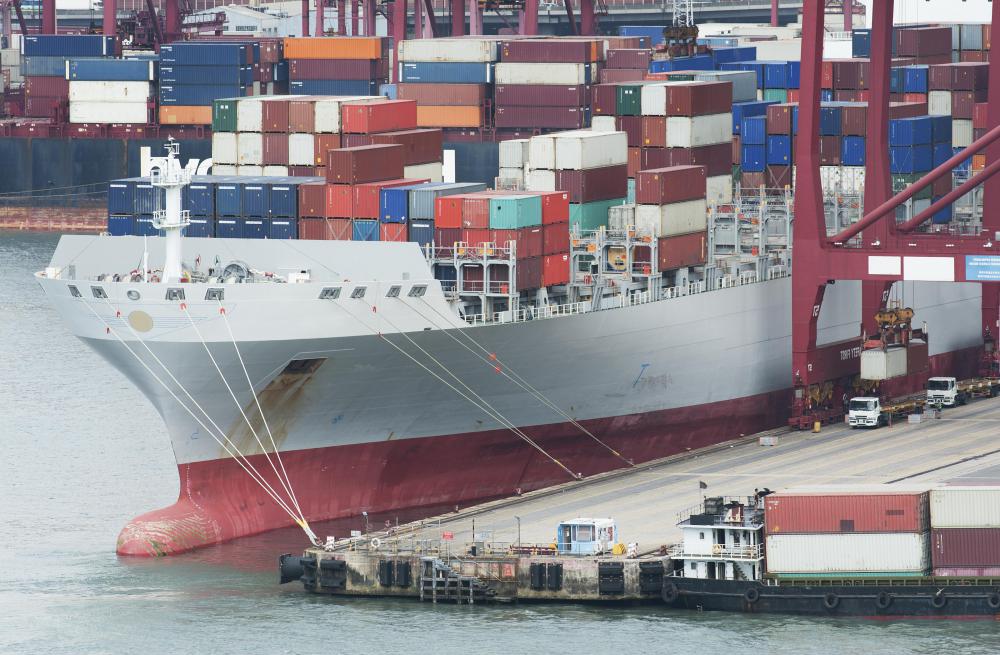At WiseGEEK, we're committed to delivering accurate, trustworthy information. Our expert-authored content is rigorously fact-checked and sourced from credible authorities. Discover how we uphold the highest standards in providing you with reliable knowledge.
What Does "Free Entry" Mean?
Free entry is an economic term that describes a lack of barriers when entering a market. Economists see nations as markets, which represent a conglomerate of individuals and other entities looking to engage in various transactions. Countries often place barriers to entry in their markets. These barriers allow for restrictive movements, most often the lack of free entry. The purpose of barriers is to generally improve the profitability of internal businesses.
Common barriers of entry exist in most economies. These include regulations on particular industries, specific laws that limit the creation of new businesses, tax benefits to current firms and patents or copyrights that prevent companies from copying product designs. While these often restrict free entry with companies inside a nation’s borders, they can also restrict entry from foreign firms. Foreign barriers to entry also include tariffs and import restrictions, which force foreign businesses into fewer markets. Many nations use a mix of these items to block free entry into their economy.

Command economies are those that have the most barriers to entry. Countries with command economies have intense government direction in the economy. One centrist government sets the nation’s policies and often restricts free entry to entrepreneurs or outside investments. In these economies, many barriers to entry exist and the pricing model — along with supply and demand — is not in general use. These economies often experience high prices and inefficient production due to these economic policies.
Preventing free entry from foreign nations is often a protectionist strategy. Nations engage in these policies to ensure full employment among citizens and quality goods for consumers. The biggest economic issue here is that nations may not be the best at producing certain types of goods, increasing the sales price for these items in the market. Consumers then have lower purchasing power due to the protectionist policies, as cheaper goods exist but are simply not available in the country. Companies in a country with protectionist policies may also be unable to export goods if the nation’s policies result in other countries engaging in protectionist policies.
Natural free entry barriers can exist, outside of government influence. Industries may require copious investment for fixed assets. Unless companies entering the market have the ability to cover these costs, this results in a barrier to entry. A single company or group of companies with large market share — a monopoly or oligopoly — can control a market and restrict free entry by other businesses. Natural barriers to entry do not always last forever; a change in the market or companies in the industry can allow for entry into the market.
AS FEATURED ON:
AS FEATURED ON:











Discuss this Article
Post your comments